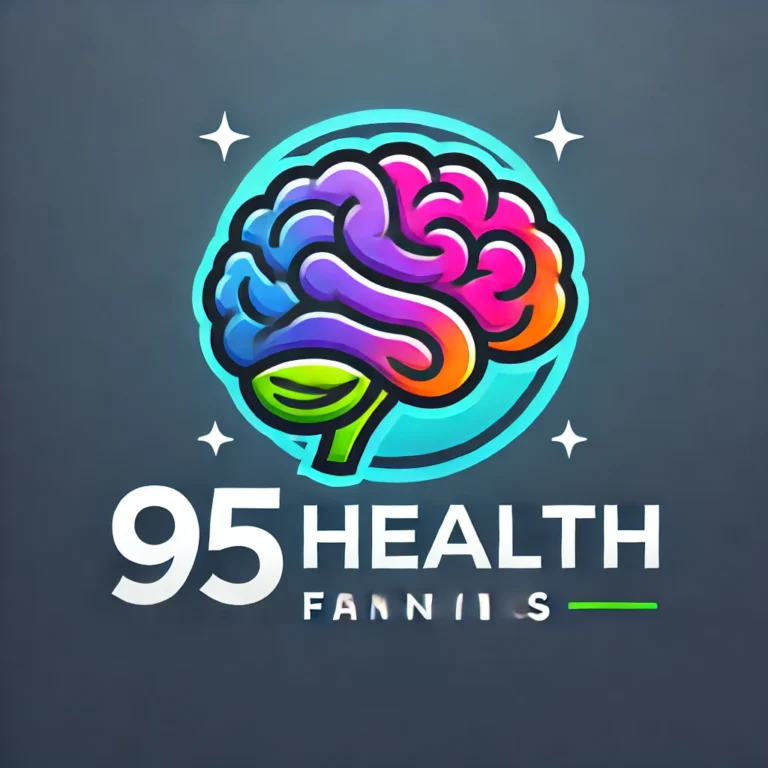A Deep Dive into Psilocybin: Scientist Scans Own Brain Under Influence
In a groundbreaking experiment, a scientist decided to explore the effects of psilocybin, the psychoactive compound found in magic mushrooms, on his own brain. This intriguing study sheds light on how psilocybin interacts with the human brain, providing potential insights into its therapeutic benefits.
The Experiment
Dr. Robert Carhart-Harris, a prominent neuroscientist, volunteered to ingest a dose of psilocybin and undergo brain scans to observe the compound’s effects in real-time. This bold move was part of a broader effort to understand the neural mechanisms behind psilocybin’s profound impact on consciousness and mental health.
The experiment involved functional magnetic resonance imaging (fMRI) to monitor brain activity. The results were fascinating, revealing significant changes in brain connectivity and activity patterns. These alterations are believed to underpin the subjective experiences of altered perception, emotions, and cognition often reported by psilocybin users.
Key Findings
Enhanced Connectivity: The brain scans showed an increase in connectivity between different regions of the brain. This suggests that psilocybin facilitates communication between areas that don’t typically interact, potentially explaining the heightened sensory perception and novel thoughts experienced during a trip.
Default Mode Network (DMN) Disruption: The DMN, a brain network associated with self-referential thoughts and the ego, showed decreased activity under the influence of psilocybin. This disruption is thought to lead to the dissolution of the ego, often described as a feeling of oneness with the universe.
Therapeutic Potential: These findings support the growing body of evidence suggesting that psilocybin could be a powerful tool in treating mental health conditions such as depression, anxiety, and PTSD. By disrupting rigid patterns of thought and enhancing connectivity, psilocybin may help patients break free from negative thought loops.
Implications for Mental Health
The potential therapeutic benefits of psilocybin are profound. Traditional treatments for mental health disorders often involve medications that target specific neurotransmitters. However, these treatments can be ineffective for many patients and often come with undesirable side effects. Psilocybin, on the other hand, offers a different approach by targeting the brain’s connectivity and activity patterns.
Clinical trials are underway to explore psilocybin’s efficacy in treating various mental health conditions. Early results are promising, with many participants reporting significant improvements in symptoms and overall well-being. These studies are paving the way for potential regulatory approval and integration of psilocybin-assisted therapy into mainstream mental health care (NIH).
Ethical and Legal Considerations
While the scientific community is increasingly recognizing the potential benefits of psilocybin, ethical and legal considerations remain. Psilocybin is still classified as a Schedule I substance in many parts of the world, including the United States, meaning it is considered to have a high potential for abuse and no accepted medical use. However, recent shifts in public opinion and policy are leading to a re-evaluation of these classifications (CDC).
Several cities and states in the U.S. have decriminalized psilocybin, and there is growing support for broader legislative changes to allow for medical and therapeutic use. These changes could open the door to more research and greater access to psilocybin for those in need.
Dr. Carhart-Harris’s self-experimentation with psilocybin provides valuable insights into the compound’s effects on the brain and its potential as a therapeutic tool. As research progresses and societal attitudes shift, psilocybin could play a crucial role in the future of mental health treatment.






